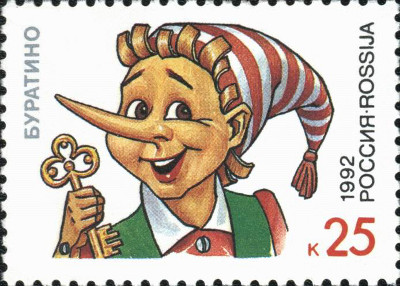
treen
adj. made of wood

treen
adj. made of wood
oblectation
n. delight, pleasure, enjoyment
adlubescence
n. pleasure or delight
deliciate
v. to delight oneself
mancipate
v. to enslave
cicisbeo
n. the escort or lover of a married woman
bedswerver
n. one who breaks one’s marriage vows
deuterogamist
n. one who marries a second time
philologaster
n. an incompetent philologist
nitigram
n. a second-rate epigram
cacography
n. poor spelling
macroscian
adj. casting a long shadow
umbratile
adj. pertaining to the shade
obtenebrate
v. to cast a shadow over
lucifugous
adj. shunning light
vecke
n. an old woman
graocracy
n. government by old women
feriation
n. the act of observing a holiday
merry-go-sorry
n. a tale that evokes joy and sadness simultaneously
chantpleure
v. to sing and weep at the same time
lubberwort
n. food that makes one idle and stupid, food of no nutritive value, junk food